Is Dogecoin Dead? – A Comprehensive Analysis for DOGE Investors

Dogecoin, the cryptocurrency that started as a joke, has taken the world by storm in recent years. It has become a popular digital currency, with a market capitalization of over $30 billion.
However, in recent months, there have been concerns about its future. The question on everyone's mind is, "Is Dogecoin dead?" In this article, we will take an in-depth look at the current state of Dogecoin and explore its future prospects.
Dogecoin Overview
Dogecoin is a cryptocurrency that was created in 2013 by software engineers Billy Markus and Jackson Palmer. It was intended to be a fun, lighthearted version of Bitcoin.
The name "Dogecoin" comes from the "Doge" meme, which features a Shiba Inu dog. Initially, Dogecoin was meant to be a joke, but it quickly gained popularity and became a legitimate cryptocurrency.
The Rise of Dogecoin
Dogecoin gained a massive following on social media platforms like Reddit and Twitter, where users shared memes and created a community around the digital currency.
In 2021, Dogecoin gained mainstream attention after Tesla CEO Elon Musk tweeted about it several times. These tweets caused the price of Dogecoin to soar, and it reached an all-time high range of $0.64 in May 2021.

The Fall of Dogecoin
After reaching its all-time high, the price of Dogecoin began to decline. As of May 2023, Dogecoin is trading at around $0.079. The decline in price has led many to question the future of Dogecoin. Is it a dying meme, or does it still have potential? Let's take a closer look.
Factors Contributing to the Decline of Dogecoin?
Several factors have contributed to the decline of Dogecoin. A few of them are:
- Lack of mainstream adoption as a viable currency for transactions.
- Increased regulatory scrutiny and tighter regulations on cryptocurrencies.
- Emergence of new meme coins capturing investor attention.
- Dogecoin's lack of innovation and slow development cycle.
- High energy consumption associated with mining.
- No limit on the supply of coins.
Is Dogecoin Dead?
The question on everyone's mind is, "Is Dogecoin dead?" The answer is complicated. It's impossible to say with certainty whether Dogecoin is truly deceased. Despite being the most recognizable of the meme coins and a way to transfer money to others, only a few merchants accept Dogecoin for transactions. However, the meme coin could still be feasible, even if it doesn't reach the same price point.
One challenge with Dogecoin is how much of it is owned by a few people. Allegedly, a single wallet holds 28% of all dogecoin, and a group of nine wallets accounts for over 40% of the total supply. This raises the risk of market manipulation in the cryptocurrency sector.
It's also important to remember that Dogecoin has a large and dedicated community. This community has helped to keep Dogecoin relevant, and they continue to use and promote the cryptocurrency.
Nevertheless, if enough people decide to buy the dip, or if owning Dogecoin continues to be attractive, it could remain a fixture in the cryptocurrency world. Moreover, ownership can be diluted through mining, which provides a reward. If more people choose to mine Dogecoin, then ownership will be more evenly spread out.
Controversies Around Dogecoin
Let's take a closer look at some of the controversies that have surrounded Dogecoin.
Association with Pump-and-Dump Schemes - Dogecoin has been associated with several pump-and-dump schemes, where groups of investors artificially inflate the price of a cryptocurrency before selling off their holdings and causing the price to crash. Dogecoin has been targeted by several such schemes, leading to significant losses for many investors.
Toxic Behavior within the Community - The community surrounding Dogecoin has also been criticized for promoting toxic behavior and trolling. While the community is known for its light-hearted and humorous approach, some members have engaged in harassing and intimidating behavior towards other users and even mainstream figures.
Association with Elon Musk - Another controversy surrounding Dogecoin is its association with Elon Musk. While the Tesla CEO has publicly expressed support for Dogecoin, his tweets and comments about the cryptocurrency have led to significant fluctuations in its value, causing some to question whether his influence is healthy for the crypto market.
Lack of Real-World Utility - Another controversy surrounding Dogecoin is its lack of real-world utility. While Dogecoin was created as a joke, it has gained a significant following and market cap, which has led some to question its overall value. Critics argue that Dogecoin is simply a speculative asset with little practical use beyond trading and investing.
Criticisms from the Founder - Lastly, Dogecoin's founder, Jackson Palmer, has been critical of the cryptocurrency in recent years, calling it a "vehicle for hype and speculation" and questioning its overall value. He shared his opinion about crypto on Twitter-
Future of Dogecoin
While Dogecoin's future may be uncertain, it is safe to say that it has gained a significant following and has proven its potential as an investment opportunity. Its success can be attributed to both its meme culture and accessibility to small-scale investors.
But there are few factors that may influence its future include increased regulation, adoption as a means of payment, and community-driven support. Investors must approach it with caution, but for those who believe in its potential, Dogecoin may offer a promising opportunity.
Also Read - Can Dogecoin Reach $1?
FAQs
Will Dogecoin go up and reach $1
While some enthusiasts remain hopeful that Dogecoin will experience a surge in value and possibly even reach the $1 mark, there are others who are more skeptical.
Neil Patel, a prominent investor and bestselling author, has expressed doubts that such a milestone is achievable due to the hype surrounding Dogecoin, which is largely driven by social media. While examining Dogecoin's price history, it seems unlikely that it will reach $1 anytime soon. Nevertheless, it cannot be entirely dismissed as a possibility, especially if there is renewed interest and demand in the cryptocurrency.
Why has the price of Dogecoin declined?
There are several factors contributing to the decline in price, including increasing competition from other cryptocurrencies, crypto regulation uncertainty and the lack of development on the Dogecoin network.
What can be done to improve the future prospects of Dogecoin?
Dogecoin developers will need to work on improving the network's technology and expanding its use cases. Additionally, Dogecoin will need to differentiate itself from other cryptocurrencies and offer something unique and valuable to investors.
What is the future of cryptocurrencies?
The future of cryptocurrencies is still uncertain. While they have gained mainstream acceptance, there are still concerns about their stability and regulation. However, many believe that cryptocurrencies will continue to play an important role in the future of finance.
The Bottom Line
In conclusion, the question of whether Dogecoin is dead is a complicated one. While its decline in price and lack of development are concerning, Dogecoin still has a dedicated community and the potential to make improvements and regain popularity. The future of Dogecoin will depend on the efforts of its developers and its ability to differentiate itself from other coins.
If you are considering investing in Dogecoin or any other cryptocurrency, it's important to do your research and consider the potential risks and rewards. Cryptocurrencies can be volatile, and it's important to be aware of the potential for price fluctuations.
Disclaimer
The information provided on this website does not constitute investment advice, financial advice, trading advice, or any other sort of advice and you should not treat any of the website's content as such.
Token Metrics does not recommend that any cryptocurrency should be bought, sold, or held by you. Do conduct your own due diligence and consult your financial advisor before making any investment decisions.
Create Your Free Token Metrics Account

.png)




%201.svg)
%201.svg)


%201.svg)



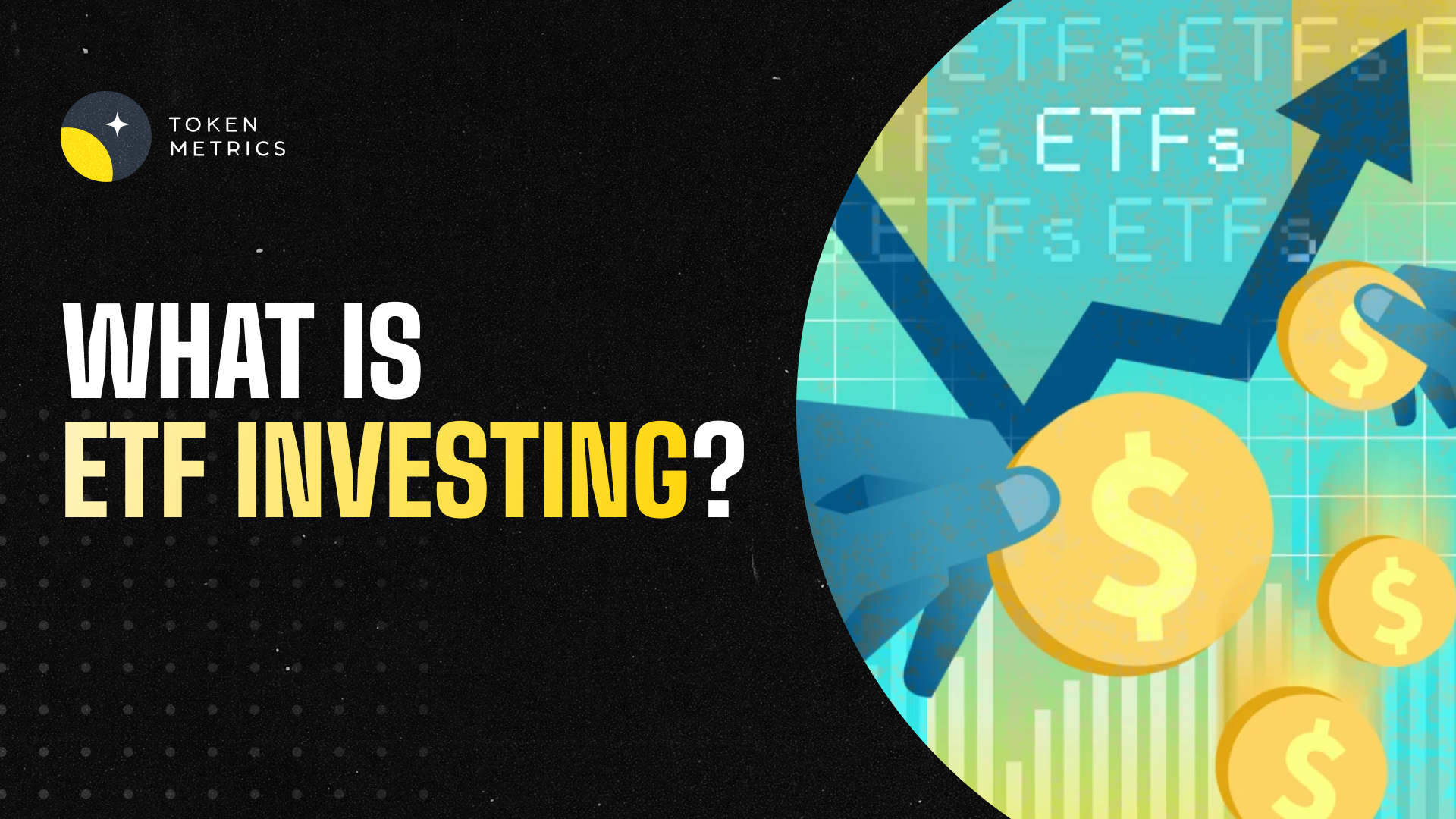

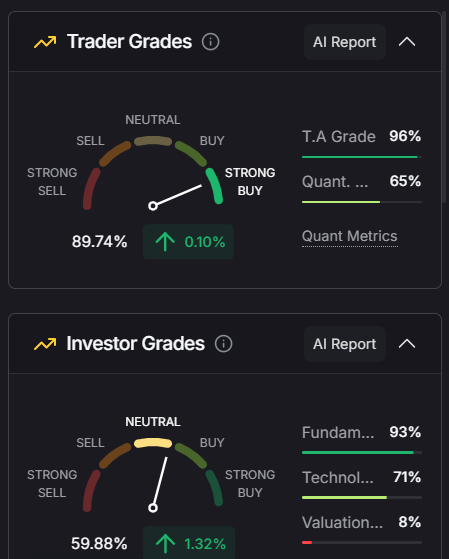

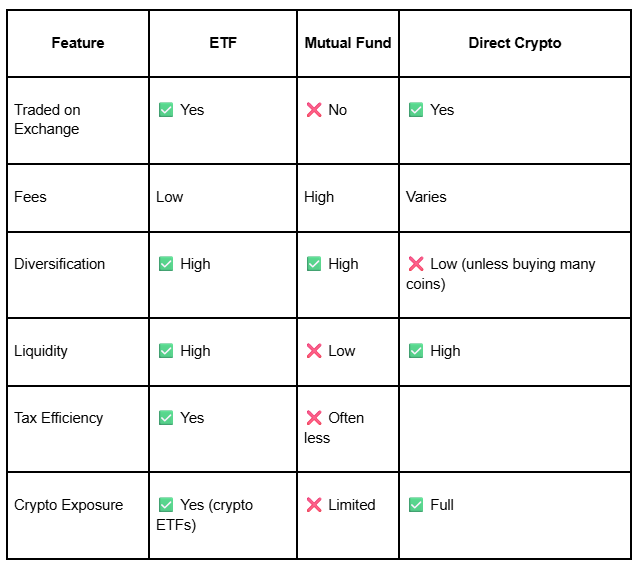
.png)

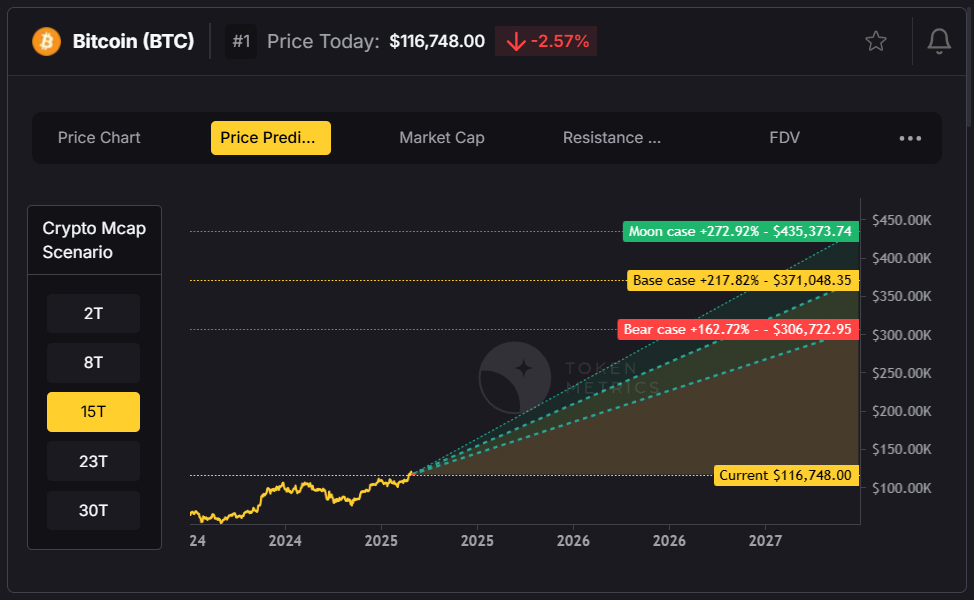

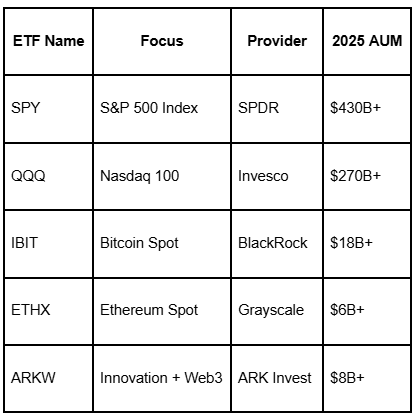
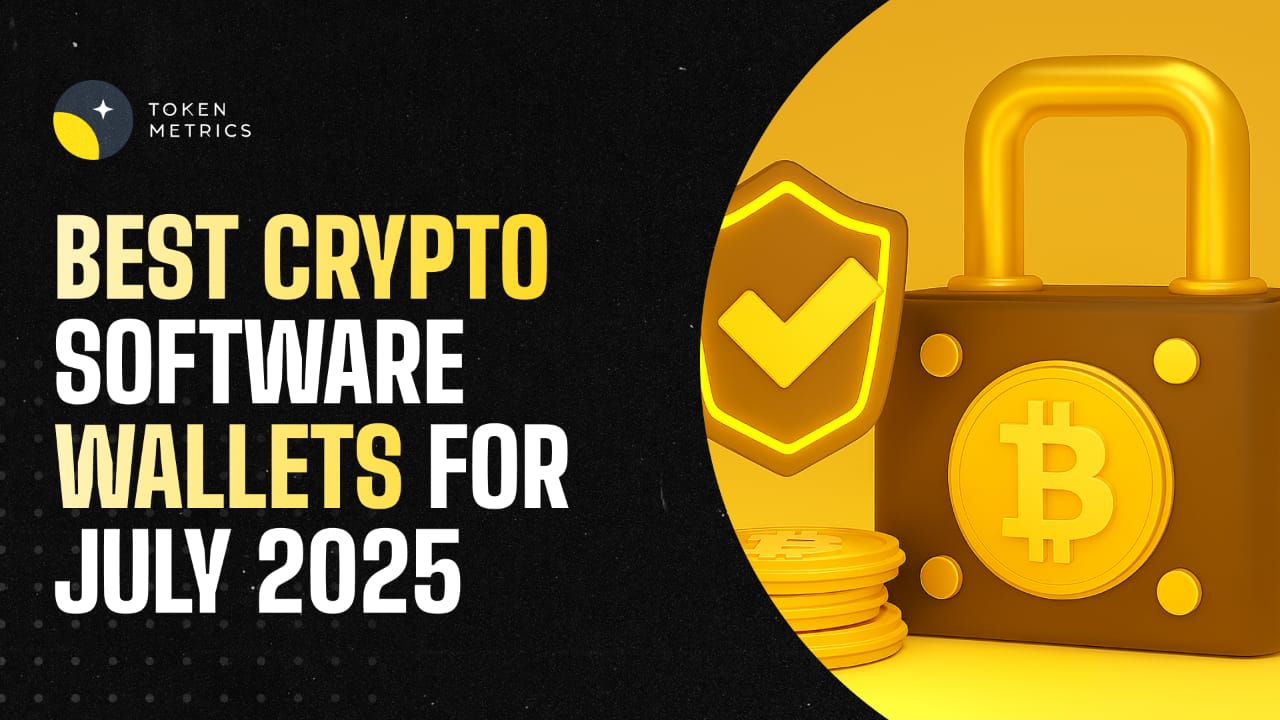



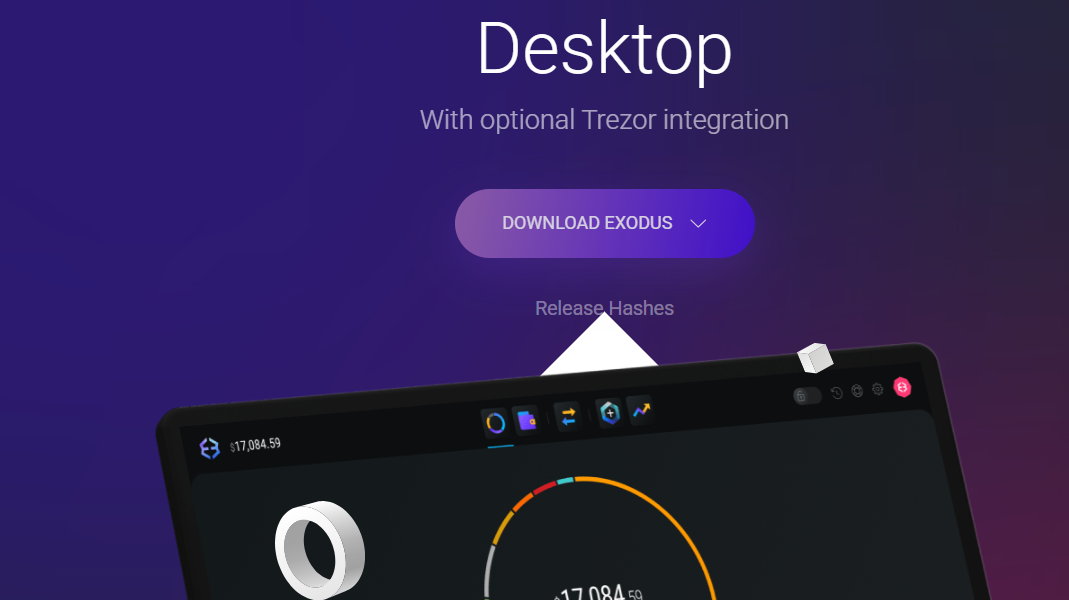



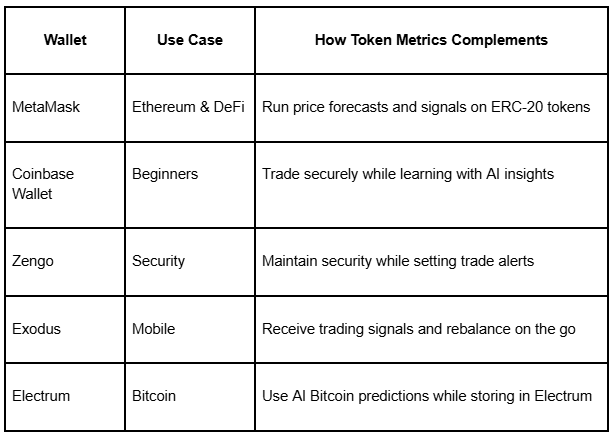




.svg)




.png)